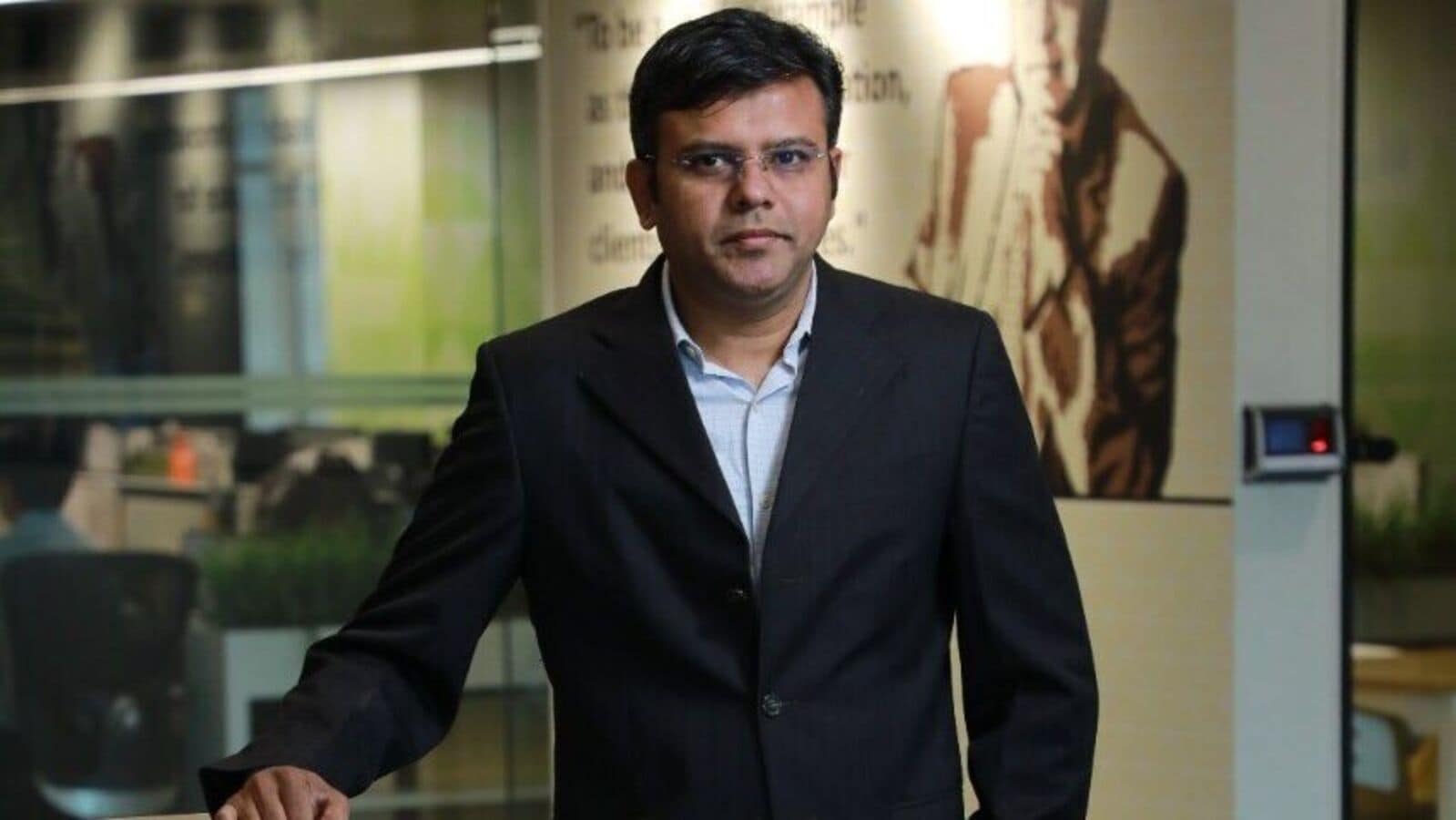[ad_1]
While inaugurating the International Conference of Agricultural Economists, the PM said agriculture is central to India’s economic policy and that marginal farmers are the backbone of the nation’s food security.
The 32nd International Conference of Agricultural Economists is a global event that brings experts together to discuss and promote innovative approaches to sustainable agriculture and climate-resilient farming practices. The previous conference took place from 16-22 August 2021 in Vancouver, Canada.
The prime minister also highlighted the government’s promotion of chemical-free farming on a large scale, noting that this approach has yielded excellent results. “This year’s budget also has a major focus on sustainable farming and climate-resilient farming. We are developing an entire ecosystem to support our farmers,” Modi said.
Govt initiatives
In the past 10 years, the government has brought around 1,900 new climate-resilient varieties of crops to its farmers, including varieties of rice that need 25% less water than traditional ones. The government has also announced the release of 109 high-yielding and climate-resilient varieties of 32 field and horticultural crops for cultivation within the year.
However, the ₹9,940 crore allocation for the Department of Agricultural Research and Education (DARE) this year presents a different picture. This represents an increase of just 0.7% from the ₹9,880 crore (revised estimate) allocated in FY24. The FY24 allocation marked an increased of around 9% from the previous year.
Modi said, “Black rice has recently emerged as a superfood in India, particularly favoured for its medicinal value. Black rice from Manipur, Assam, and Meghalaya is gaining popularity for its health benefits.”
He said India was eager to share its experiences and innovations with the global community, and highlighted agricultural initiatives such as soil health cards, solar farming, e-NAM, kisan credit cards, and the PM Fasal Bima Yojana.
Noting that 90 lakh hectares have been brought under micro irrigation, Modi emphasised the potential benefits from India’s goal of 20% ethanol blending for both agriculture and the environment.
Agriculture employs about 42% of India’s workforce, or more than 300 million people. Globally, the sector employs around 26% of workers, with significant variation between regions.
[ad_2]
Source link





